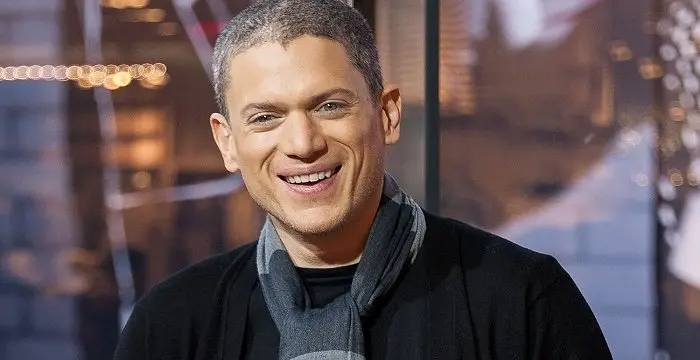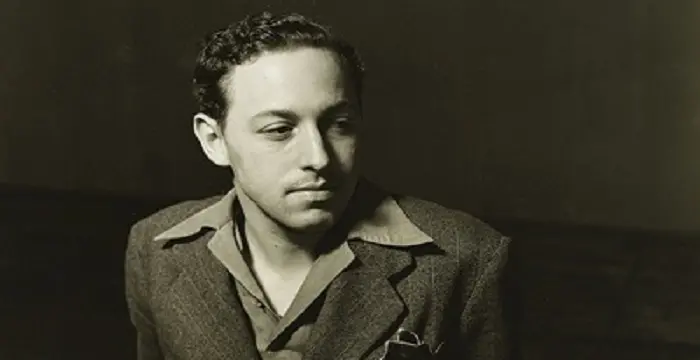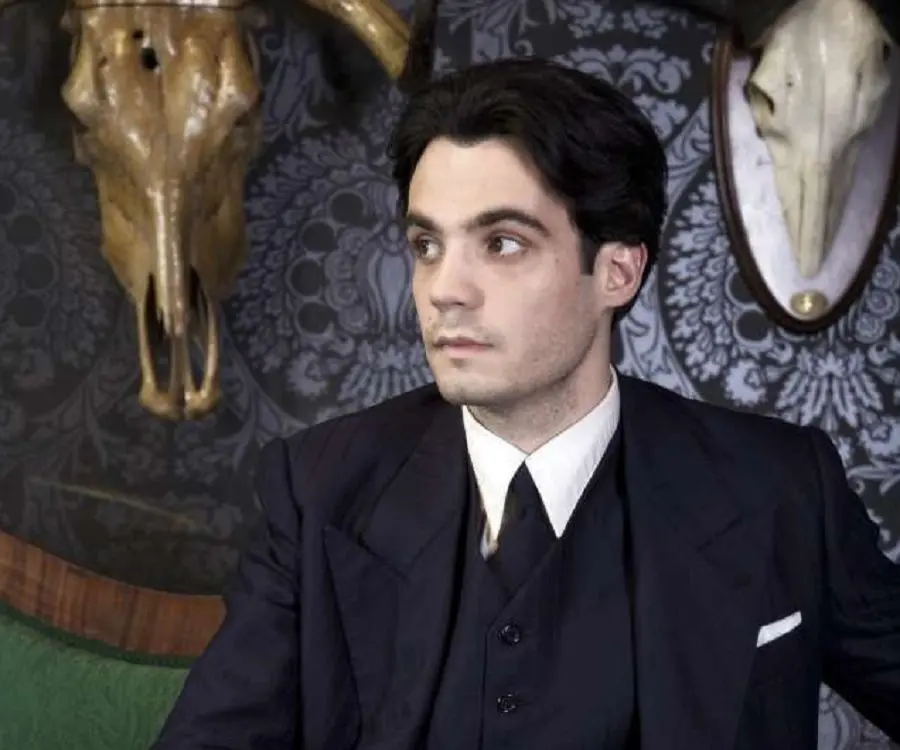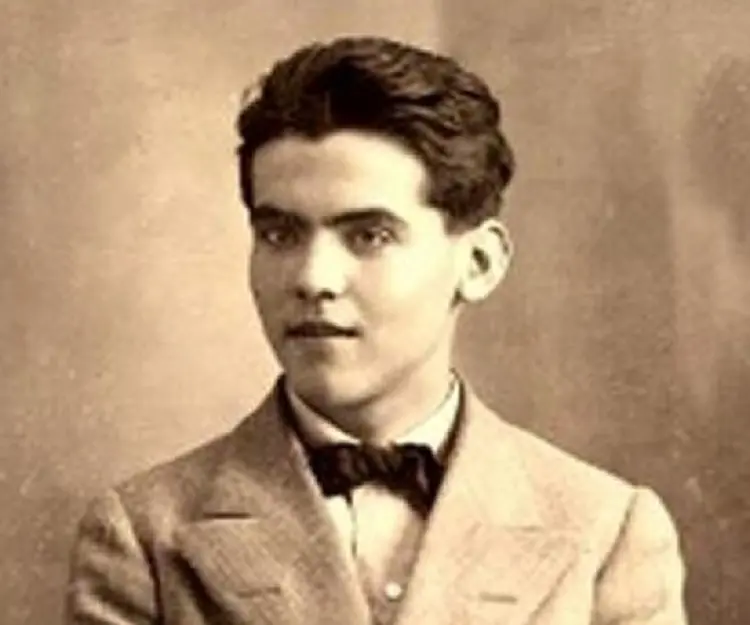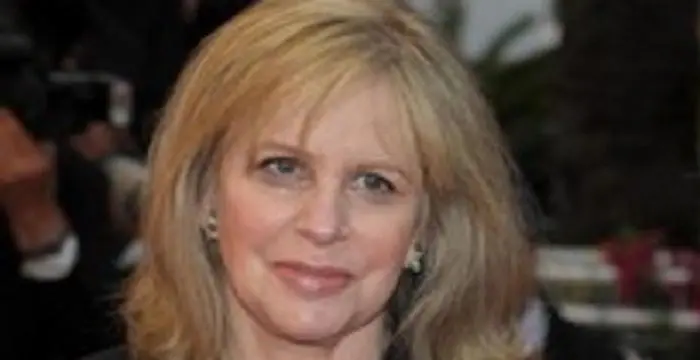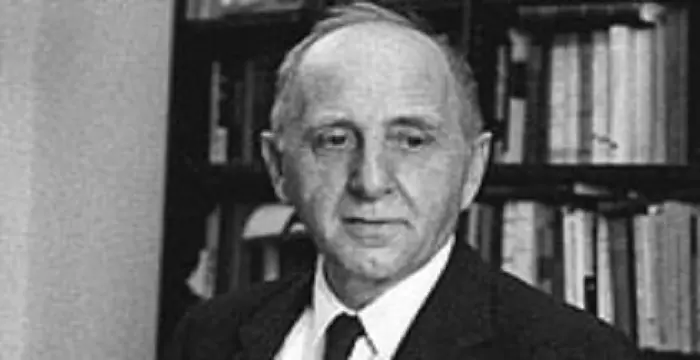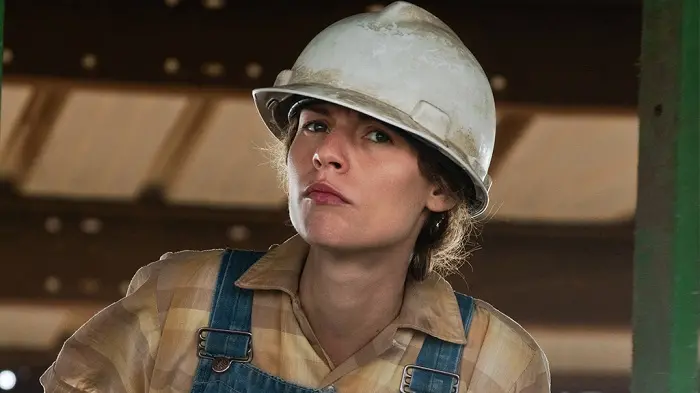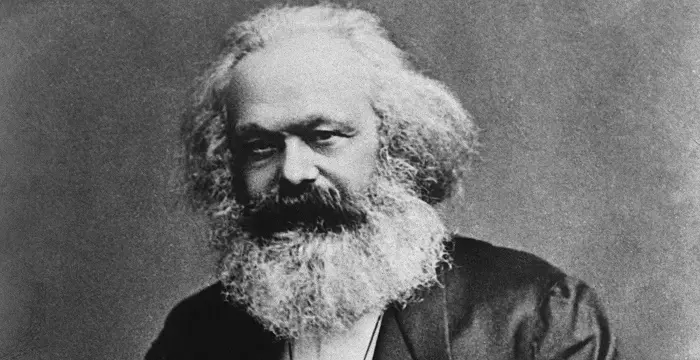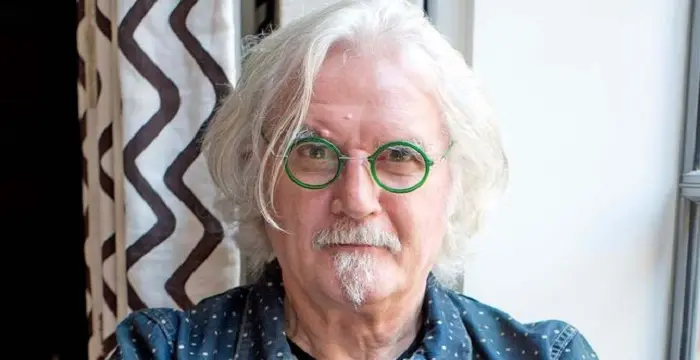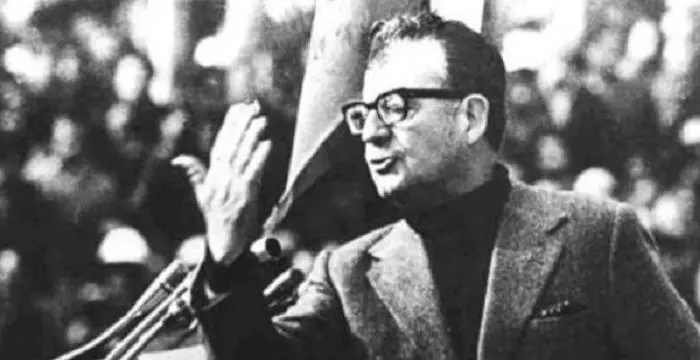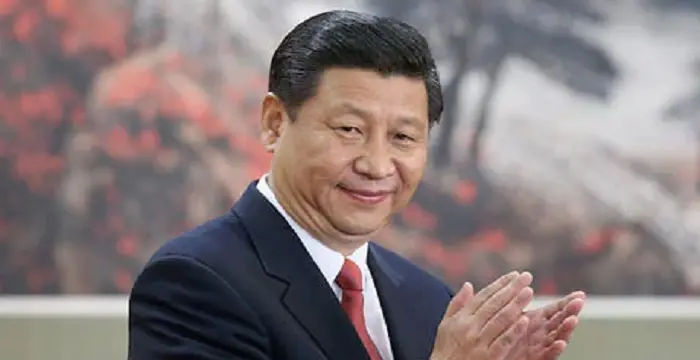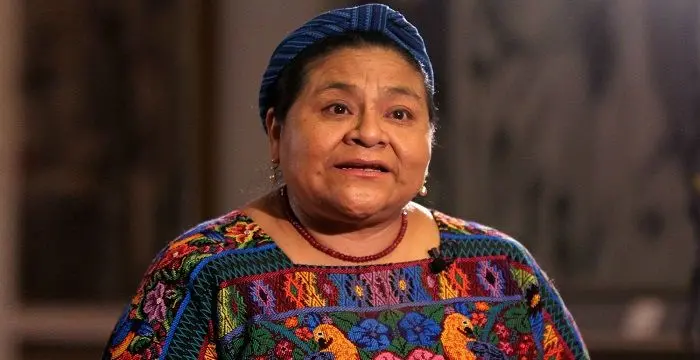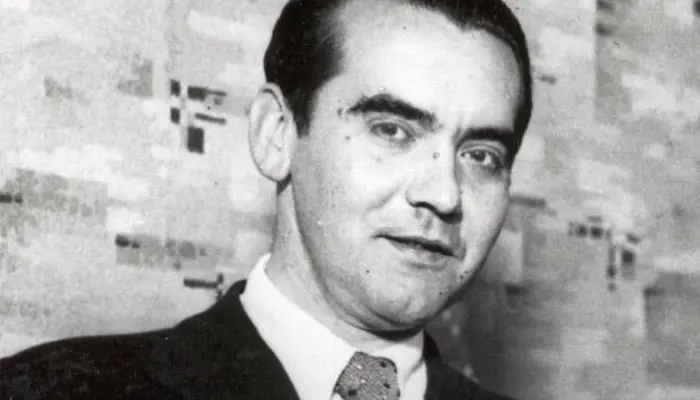
Federico García Lorca - Socialists, Life Achievements and Childhood
Federico García Lorca's Personal Details
Federico García Lorca was a famous Spanish poet who had written the popular 'Romancero Gitano'
| Information | Detail |
|---|---|
| Birthday | June 5, 1898 |
| Died on | August 19, 1936 |
| Nationality | Spanish |
| Famous | Gays, Hispanic Authors, Socialists, Columbia University, Writers, Poets |
| Ideologies | Socialists |
| Siblings | Francisco García Lorca |
| Known as | Federico del Sagrado Corazón de Jesús García Lorca |
| Universities |
|
| Notable Alumnis |
|
| Cause of death |
|
| Birth Place | Fuente Vaqueros |
| Gender | Male |
| Father | Federico García Rodríguez |
| Mother | Vicenta Lorca Romero |
| Sun Sign | Gemini |
| Born in | Fuente Vaqueros |
| Famous as | Poet |
| Died at Age | 38 |
// Famous Gays
Wentworth Miller
Wentworth Miller is an American actor and screenwriter who achieved recognition for his role in the TV series ‘Prison Break’.
Tennessee Williams
Tennessee Williams was one of the greatest playwrights of the 20th century. This biography of Tennessee Williams provides detailed information about his childhood, life, achievements, works and timeline.
Leo Varadkar
Cam Leo Varadkar is the current Taoiseach—the Prime Minister—of the Republic of Ireland. Check out this biography to know about his childhood, family life, achievements and other facts about his life.
Federico García Lorca's photo
Who is Federico García Lorca?
Federico García Lorca was a celebrated Spanish writer, known for his poems and plays, mainly the famous 'Romancero Gitano'. The collection of eighteen poems by this celebrated poet, translated into English as ‘Gypsy Ballads’, is known for their language and lyricism, describing the life of gypsies in his hometown. He has also written other well-known poems like 'Seis poemas gallegos', 'Quimera', and 'Libro de poemas'. His plays are also quite famous, some of them being, 'El maleficio de la mariposa', 'Retablillo de Don Cristóbal', and of course 'La zapatera prodigiosa'. This Spanish poet and playwright created quite a stir during his lifetime, owing to his public acceptance of being a homosexual. His relationship with the famous surreal artist Salvador Dalí was a topic of constant speculation. He was also known for his socialist views, often bending towards leftist ideals. When this renowned writer was assassinated, his murder gave rise to a lot of conjectures. Some are of the opinion that it could be his connection with the 'Popular Front’ that followed 'Marxism', while others think it was his being openly gay. Despite all speculations, he is remembered today as one of the finest writers that Spain has ever produced
// Famous Columbia University
Helen Morris
Helen Morris is a former book editor, TV producer and the wife of Academy Award winning director Martin Scorsese. Check out this biography to know about her birthday, childhood, family life, achievements and fun facts about her.
Simon Kuznets
Simon Kuznets was a noted Russian-American economist, statistician, demographer, and economic historian. Check out this biography to know about his childhood, family life, achievements and other facts related to his life.
Anna Paquin
Anna Paquin is a Kiwi film, theatre and television actress known for her roles in movies like ‘The Piano’, ‘Fly Away Home’, and ‘X-Men. This biography provides detailed information about her childhood, life, achievements, works & timeline.
Childhood & Early Life
Federico del Sagrado Corazón de Jesús García Lorca was born to Federico García Rodríguez and Vicenta Lorca Romero, on June 5, 1898, in the Fuente Vaqueros village of Spain. Rodríguez was a farm owner, while his wife Vicenta was a pianist and a teacher.
In 1909, the family settled down in Granada, where the young child grew up and pursued his education.
Federico studied literature, law, and composition at the 'University of Granada' in 1915. He had a flair for classical music and theatre as a student, and he was trained in playing the piano.
Career
The following year, he started writing, after being motivated by one of his professors. 'Impresiones y Paisajes' ('Impressions and Landscapes'), his first book was published in the year 1918.
In 1919, García joined the 'Residencia de estudiantes', a cultural centre in Madrid. It was here that he got acquainted to future filmmaker, Luis Buñuel, artist Salvador Dalí, dramatist Eduardo Marquina, and poet Juan Ramón Jiménez.
During 1919-20, Lorca penned his first play, 'El maleficio de la mariposa' ('The Butterfly's Evil Spell'). The drama, which spoke about the love affair of a butterfly and a cockroach, was soon written off by the audiences, for being unusual.
García began writing the poem 'Suites' in 1920, but it remained incomplete, and three years later, the poet gave up working on it.
In 1921, he published 'Libro de poemas' ('Book of Poems'), which consisted of works dealing with religion and nature.
From 1923-25, García authored several plays including 'Retablillo de Don Cristóbal' ('The Puppet Play of Don Cristóbal'), 'Mariana Pineda', and 'Lola, la Comedianta' ('Lola, the Actress'). The latter was written in association with Manuel de Falla, a Spanish music composer, but the opera remained incomplete.
In 1926, the prolific writer penned the play 'La zapatera prodigiosa' ('The Shoemaker's Prodigious Wife'). The play dealt with the relationship shared by a docile shoemaker and his bad-tempered wife.
The following year, 'Mariana Pineda' was staged with Salvador Dalí as the art director and was quite well-received.
In 1928, this brilliant poet wrote 'Romancero Gitano' ('Gypsy Ballads'), which is considered, even today, as one of his best works. The same year, he also penned poems, 'Odes', 'Quimera', and the drama, 'Amor de Don Perlimplín con Belisa en sujardín' ('Love of Don Perlimplín and Belisa in his Garden')
The next year, Lorca went to the United States, accompanied by friend Fernando de los Rios. The exceptional writer joined the 'Columbia University School of General Studies', while Rios took up the job of a teacher.
In 1930, when he came back to Spain, ruler Primo de Rivera had been ousted. The same year, he wrote the compilation, 'Poeta en Nueva York'.
The following year, García took up the job of a theatre director at the 'Teatro Universitario la Barraca', affiliated to the 'Ministry of Education'.
From 1931-34, this writer inked the famous poems 'Así que pasen cinco años' ('When Five Years Pass'), and 'Yerma'. He also wrote the play, 'Bodas de sangre' ('Blood Wedding'), during the same period.
The next year, he composed 'Seis poemas gallegos' ('Six Galician poems'). He also penned the drama, 'Doña Rosita la soltera' ('Doña Rosita the Spinster') in 1935.
In 1936, he published his last poetry compilation, 'Sonnets to his Dark Love' which drew speculations about whether they were written for Rafael Rodríguez Rapun, or the young Juan Ramírez de Lucas, both of who were Lorca's love interests. Recently, it was confirmed that his final work was dedicated to Juan Ramírez.
Major Works
‘Romancero Gitano’ is considered even today as one of the most famous poetic work by Federico García. The collection, consisting of eighteen octosyllabic poems, talk about gypsies in the towns of Seville, Granada and Cordoba.
Personal Life & Legacy
From 1925, García was passionately in love with artist Salvador Dalí, who though shared the same emotions, did not become physically involved. The friendship between the two creative minds lasted till Dalí got married to a woman named Gala.
Just before the ‘Spanish Civil War’ started, the writer, who was open about his socialist ideals, travelled home to Granada. Lorca was taken into police custody after the murder of Granada mayor Manuel Fernández-Montesinos, who was also the former's brother-in-law.
On August 19, 1936, the writer was shot to death, but the motive behind his assassination is still under speculation. While many believe it was his political ideals and support for the 'Popular Front', others are of the opinion that he was murdered because of his sexual orientation.
The 'Lorca Foundation' has been established by the writer's niece, with the aim of spreading awareness about the famous poet's works. Also, his house, 'Huerta de San Vicente', has been converted into a museum.
A statue has been built in the 'Plaza de Santa Ana', Madrid, as a tribute to this celebrated writer.
The poet has also been depicted in several works of literature and art, including 'A un poeta muerto', which is an elegy composed by Luis Cernuda. American poets Gary Glazner and Bob Kaufman have written poems, both titled 'Lorca', commemorating the Spanish writer.
Famous Chilean poet, Pablo Neruda, has penned two poems in honour of García. Even Bengali musician, Sunil Ganguly had written 'Kobir Mrityu-Lorca Smarane', to honour the talented poet.
Plays like 'Lorca in a Green Dress', and 'The Ghost of Federico García Lorca Which Can Also Be Used as a Table', talk about the writer's life and afterlife. The films 'Death in Granada', and 'La luz prodigiosa', amongst others, describe the murder of the poet and the suppositions surrounding the event.
Trivia
This famous Spanish writer's works, often containing homosexual content, was banned by dictator, Francisco Franco Bahamonde, till the year 1953
// Famous Writers
Joyce Meyer
Joyce Meyer is a Christian author and speaker. This biography provides detailed information about her childhood, life, achievements, works & timeline
Temple Grandin
Temple Grandin is a well-known American writer, autistic activist and animal expert. This biography profiles her childhood, life, achievements, career and timeline
Tennessee Williams
Tennessee Williams was one of the greatest playwrights of the 20th century. This biography of Tennessee Williams provides detailed information about his childhood, life, achievements, works and timeline.
Federico García Lorca biography timelines
- // 5th Jun 1898Federico del Sagrado Corazón de Jesús García Lorca was born to Federico García Rodríguez and Vicenta Lorca Romero, on June 5, 1898, in the Fuente Vaqueros village of Spain. Rodríguez was a farm owner, while his wife Vicenta was a pianist and a teacher.
- // 1909In 1909, the family settled down in Granada, where the young child grew up and pursued his education.
- // 1915Federico studied literature, law, and composition at the 'University of Granada' in 1915. He had a flair for classical music and theatre as a student, and he was trained in playing the piano.
- // 1918The following year, he started writing, after being motivated by one of his professors. 'Impresiones y Paisajes' ('Impressions and Landscapes'), his first book was published in the year 1918.
- // 1919In 1919, García joined the 'Residencia de estudiantes', a cultural centre in Madrid. It was here that he got acquainted to future filmmaker, Luis Buñuel, artist Salvador Dalí, dramatist Eduardo Marquina, and poet Juan Ramón Jiménez.
- // 1919 To 1920During 1919-20, Lorca penned his first play, 'El maleficio de la mariposa' ('The Butterfly's Evil Spell'). The drama, which spoke about the love affair of a butterfly and a cockroach, was soon written off by the audiences, for being unusual.
- // 1920García began writing the poem 'Suites' in 1920, but it remained incomplete, and three years later, the poet gave up working on it.
- // 1921In 1921, he published 'Libro de poemas' ('Book of Poems'), which consisted of works dealing with religion and nature.
- // 1923 To 1925From 1923-25, García authored several plays including 'Retablillo de Don Cristóbal' ('The Puppet Play of Don Cristóbal'), 'Mariana Pineda', and 'Lola, la Comedianta' ('Lola, the Actress'). The latter was written in association with Manuel de Falla, a Spanish music composer, but the opera remained incomplete.
- // 1925From 1925, García was passionately in love with artist Salvador Dalí, who though shared the same emotions, did not become physically involved. The friendship between the two creative minds lasted till Dalí got married to a woman named Gala.
- // 1926In 1926, the prolific writer penned the play 'La zapatera prodigiosa' ('The Shoemaker's Prodigious Wife'). The play dealt with the relationship shared by a docile shoemaker and his bad-tempered wife.
- // 1928In 1928, this brilliant poet wrote 'Romancero Gitano' ('Gypsy Ballads'), which is considered, even today, as one of his best works. The same year, he also penned poems, 'Odes', 'Quimera', and the drama, 'Amor de Don Perlimplín con Belisa en sujardín' ('Love of Don Perlimplín and Belisa in his Garden')
- // 1930In 1930, when he came back to Spain, ruler Primo de Rivera had been ousted. The same year, he wrote the compilation, 'Poeta en Nueva York'.
- // 1931 To 1934From 1931-34, this writer inked the famous poems 'Así que pasen cinco años' ('When Five Years Pass'), and 'Yerma'. He also wrote the play, 'Bodas de sangre' ('Blood Wedding'), during the same period.
- // 1935The next year, he composed 'Seis poemas gallegos' ('Six Galician poems'). He also penned the drama, 'Doña Rosita la soltera' ('Doña Rosita the Spinster') in 1935.
- // 1936In 1936, he published his last poetry compilation, 'Sonnets to his Dark Love' which drew speculations about whether they were written for Rafael Rodríguez Rapun, or the young Juan Ramírez de Lucas, both of who were Lorca's love interests. Recently, it was confirmed that his final work was dedicated to Juan Ramírez.
- // 19th Aug 1936On August 19, 1936, the writer was shot to death, but the motive behind his assassination is still under speculation. While many believe it was his political ideals and support for the 'Popular Front', others are of the opinion that he was murdered because of his sexual orientation.
- // 1953This famous Spanish writer's works, often containing homosexual content, was banned by dictator, Francisco Franco Bahamonde, till the year 1953
// Famous Socialists
Karl Marx
Karl Marx was a Prussian-German philosopher, revolutionary, historian and socialist whose communist ideologies and works laid the foundation for ‘Marxism’. Explore this biography to learn more about his childhood, life achievements, works & timeline.
Billy Connolly
Billy Connolly is a Scottish actor, musician and stand-up comedian. Check out this biography to know about his childhood, family life, achievements and fun facts about his
Julia Gillard
Julia Gillard is a former Prime Minister of Australia and the first woman to hold the position. To know more about her childhood, career, profile and timeline read on
Salvador Allende
Salvador Allende was a former president of Chile. He was the first Marxist to become the president of a Latin American country through open elections. This biography provides detailed information about his life, achievements, works & timeline.
Xi Jinping
Xi Jinping is the current President of the world’s populous republic nation. The Chinese leader aims to establish the country as a super-power. To know more about his childhood, career, timeline and profile read on.
Rigoberta Menchú
Rigoberta Menchu has dedicated her life for betterment of the people of her nation and is credited to bring an end to Guatemalan Civil War. To know more about her childhood, career, profile and timeline read on
Federico García Lorca's FAQ
What is Federico García Lorca birthday?
Federico García Lorca was born at 1898-06-05
When was Federico García Lorca died?
Federico García Lorca was died at 1936-08-19
Where was Federico García Lorca died?
Federico García Lorca was died in Alfacar
Which age was Federico García Lorca died?
Federico García Lorca was died at age 38
Where is Federico García Lorca's birth place?
Federico García Lorca was born in Fuente Vaqueros
What is Federico García Lorca nationalities?
Federico García Lorca's nationalities is Spanish
What is Federico García Lorca ideologies?
Federico García Lorca's ideologies is Socialists
Who is Federico García Lorca siblings?
Federico García Lorca's siblings is Francisco García Lorca
What was Federico García Lorca universities?
Federico García Lorca studied at Columbia University, Complutense University of Madrid, Columbia University School of General Studies, Columbia University, Sacred Heart University
What was Federico García Lorca notable alumnis?
Federico García Lorca's notable alumnis is Columbia University
What is Federico García Lorca's cause of dead?
Federico García Lorca dead because of Assassination
Who is Federico García Lorca's father?
Federico García Lorca's father is Federico García Rodríguez
Who is Federico García Lorca's mother?
Federico García Lorca's mother is Vicenta Lorca Romero
What is Federico García Lorca's sun sign?
Federico García Lorca is Gemini
How famous is Federico García Lorca?
Federico García Lorca is famouse as Poet
